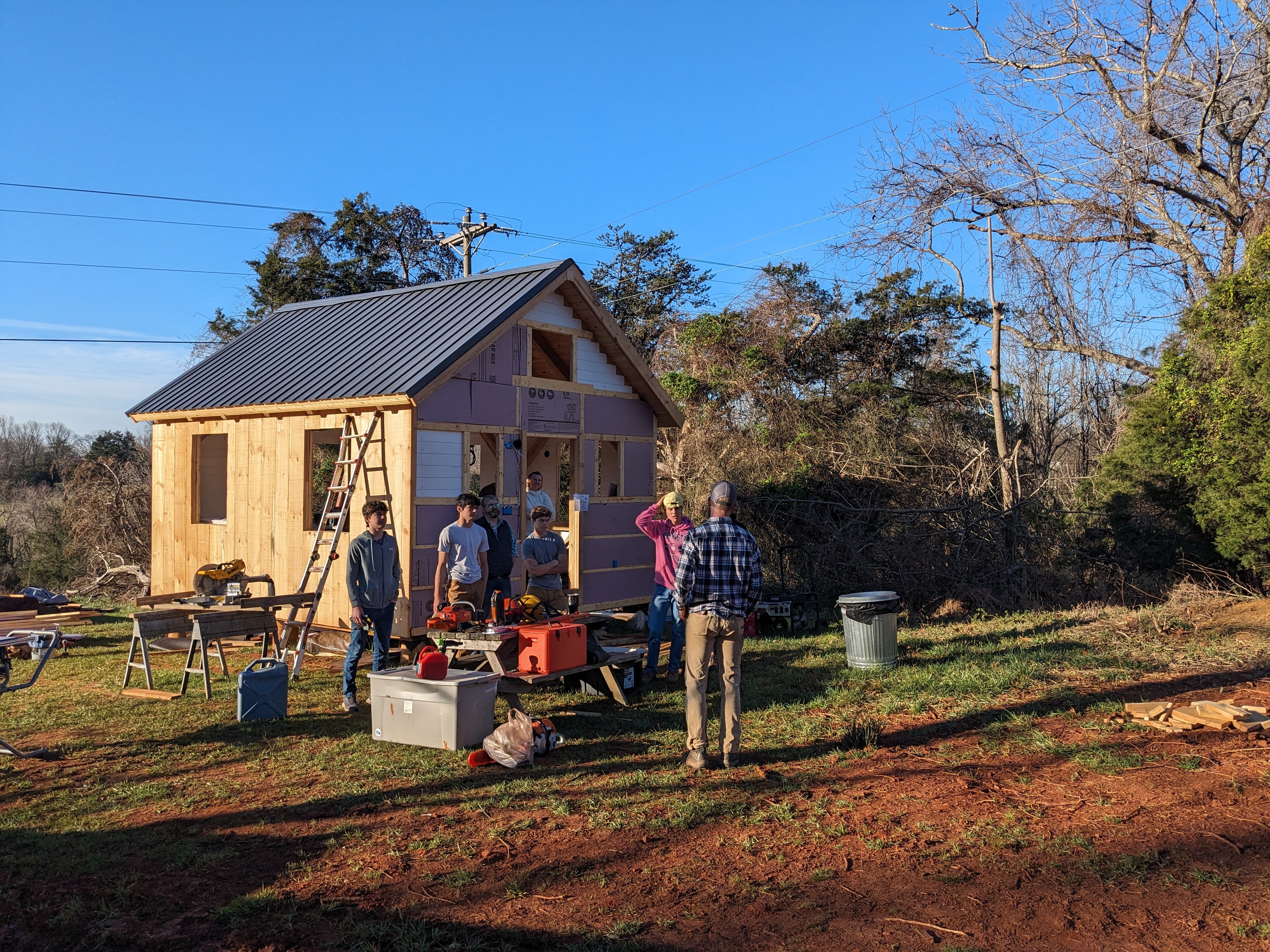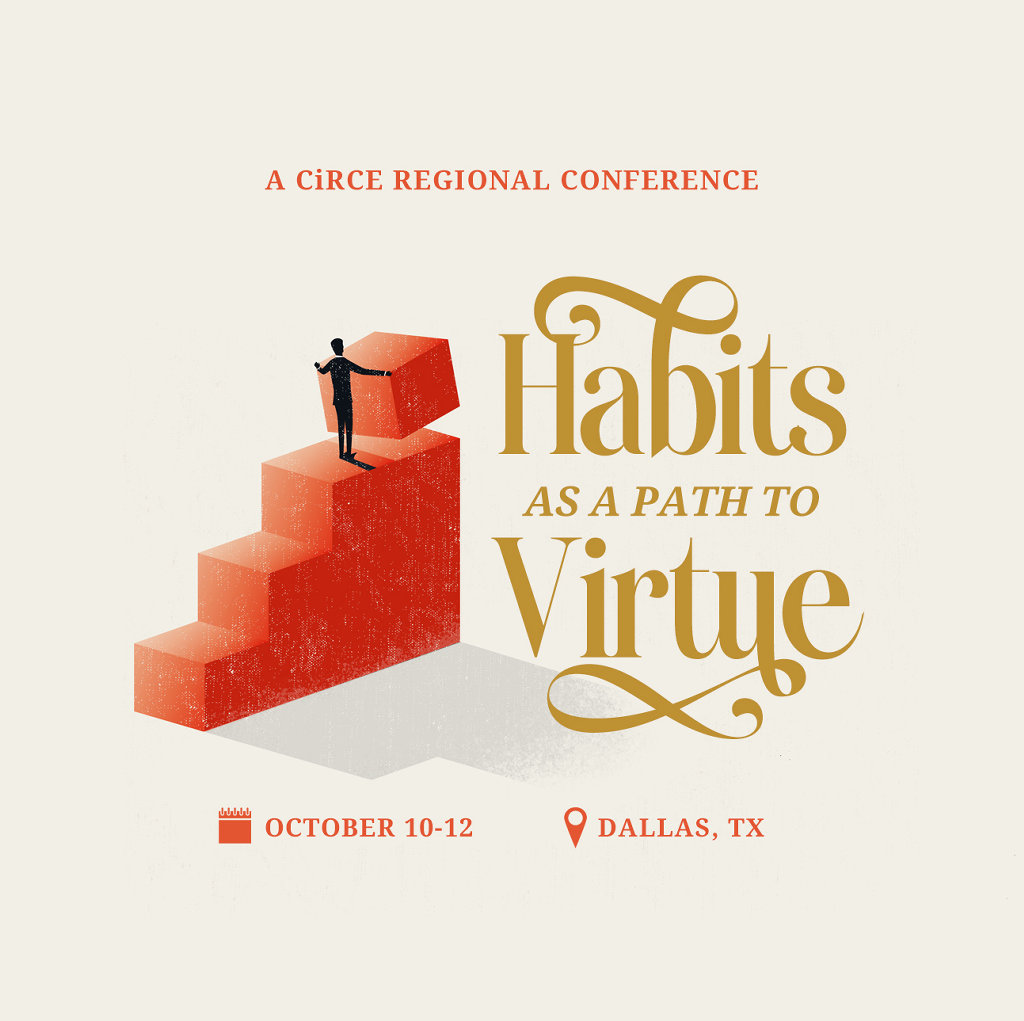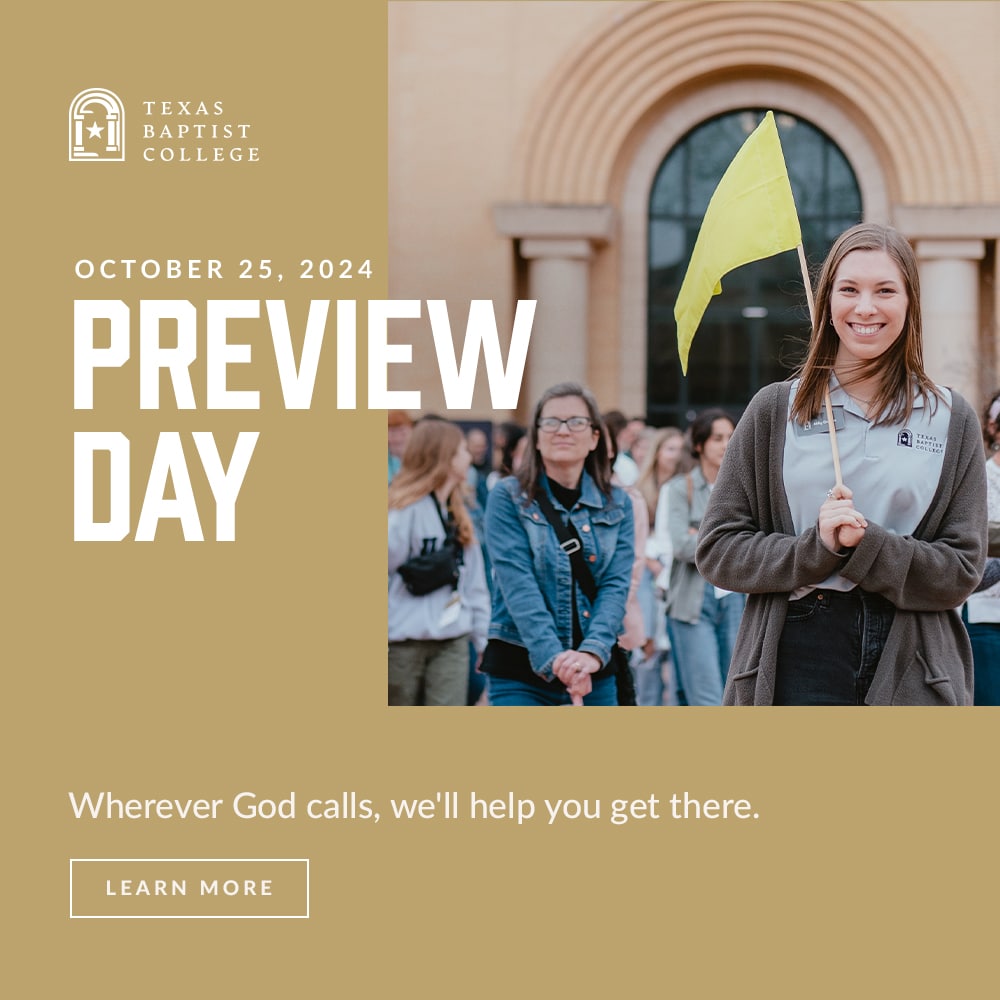Let’s Build Analog, Single-Sex Boarding Schools

The accompanying photograph was taken at St. Dunstan’s Academy in Virginia.
The growing recognition that smartphones and social media are toxic for adolescents is good, but the apparent solution—curbing or eliminating youth access—is not enough. Sending an “analog” teen to a smartphone-dominated school means alienation, which is only slightly better than assimilation into a toxic culture. A family alone cannot sustain a formative culture because adolescents are shifting their primary source of meaning from parents to peers and adult mentors.
As adolescents begin to emerge from childhood, they need increasing freedom from parents and to assume the responsibility of meaningful work. But they also need a coherent culture, precisely because they are emerging from the home. Instead, we give teenagers almost no responsibility or freedom, except to digitally explore our incoherent if not malignant culture. (No one will call Child Protective Services if you give your thirteen-year-old an unmonitored smartphone, but if you let that same child wander in the woods without adult supervision, you might get a knock on your door!)
So let us build communities where high school students live alongside faculty families under a common rule of digital poverty. Because the habits and skills that make for lifelong success in any field are rooted in the person before being applied to any task and technology, let’s give our young people time and space to develop the attention, intelligence, reason, and responsibility necessary for human flourishing. Let’s make these boarding schools single-sex because boys and girls have different developmental and educational needs, particularly in high school. Let’s pair an education in the classics with small-scale agriculture and skilled trades—an embodied formation with real work and the responsibility that comes from growing your own food and building your own buildings. Let’s make these campuses as expansive and undeveloped as possible to give students the space and freedom to roam and explore God’s good creation. And let’s plant parish churches on these campuses to orient our educational communities around the life of the Church.
In short, let’s teach young people to grow food sustainably, build beautifully, read carefully, write convincingly, pray faithfully, and rejoice in good work accomplished skillfully for themselves and their communities. (While we’re at it, we’ll also explode the false choice of “college or poverty.”)
Give young people independence and responsibility within a coherent culture during their most formative years—so they can be sent out as mature and competent men and women.
And then let’s see what they build.
Bio: Fr. Mark Perkins is Chaplain and Assistant Headmaster of St. Dunstan’s Academy in Roseland, Virginia. His writing on education and theology has been published in Christianity Today, Public Discourse, The Imaginative Conservative, and elsewhere.
Fr. Mark Perkins
Fr. Mark Perkins is Chaplain and Assistant Headmaster of St. Dunstan’s Academy in Roseland, Virginia.









